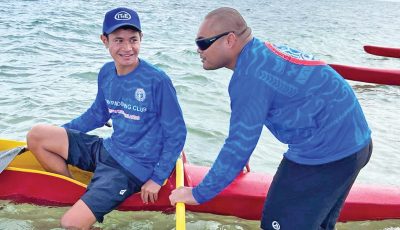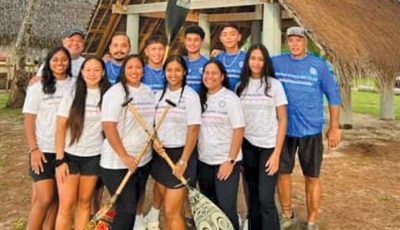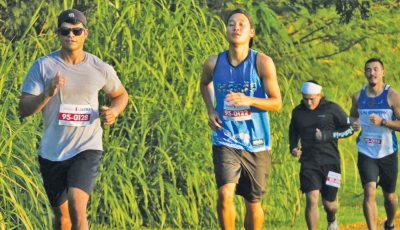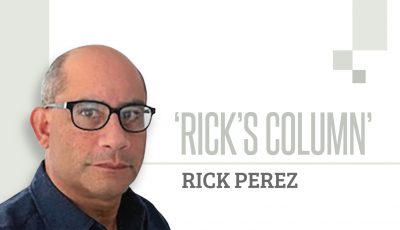Pacific strengthens ties with peak Asian geoscience body
BANGKOK, Thailand—Strengthened cooperation between the Pacific community and a peak Asian applied geoscience body will further the use of geoscience to guide sustainable development in the Pacific Islands region.
A memorandum of understanding between SPC and the Coordinating Committee for Geoscience Programs in East and Southeast Asia has been formalized by the Director of the CCOP Technical Secretariat, Dr. Adichat Surinkum, and SPC’s Geoscience Division director, professor Mike Petterson, during the 52nd annual session of CCOP in Bangkok, Thailand.
“This new agreement provides SPC an opportunity to work with some of the best applied geoscience organizations in Asia on critical areas for inclusive Pacific development, such as deep sea minerals and geothermal energy,” Petterson said.
Based in Bangkok, CCOP is an intergovernmental organization whose mission involves facilitating the implementation of applied geoscience programs in East and Southeast Asia to contribute to economic development and improve people’s quality of life in the region.
To this end, CCOP promotes capacity building, technology transfer, exchange of information and institutional linkages for sustainable resource development, management of geo-information, geo-hazard mitigation and protection of the environment.
Since the mid-1990s, many aid donors have shifted their focus away from science, leading to a depletion of geoscience capacity. Lately, Pacific regional organizations have made limited headway in expanding their scientific capacity.
SPC plays a significant role in helping the region attract geoscience-related aid funding and stitching the dispersed geoscience communities together, Petterson said. Universities in the region, assisted by geoscientists abroad and private employers, are also playing a role.
At the CCOP session, Petterson presented examples of how geoscience can contribute to inclusive Pacific development, and encouraged the Asian organizations to take a greater interest in the Pacific and support its development.
One example explored deep-sea minerals as a potential new source of wealth generation and the challenges the region faces in developing capacity and addressing the environmental and social concerns of this emerging sector.
A second project in Kiribati has moved aggregate extraction from beaches only 3 meters above sea level to sediment-rich lagoons, providing new options for the future.
Petterson also presented on the promises and benefits of sustainable geothermal and ocean thermal technology for the Pacific, including highlighting the results of a wave power study concluded by SPC in mid-2016. (SPC)



























